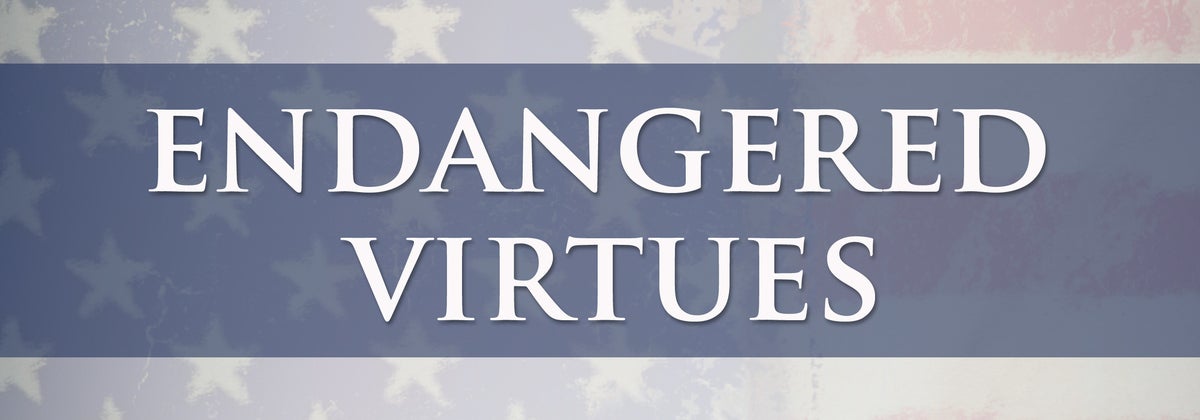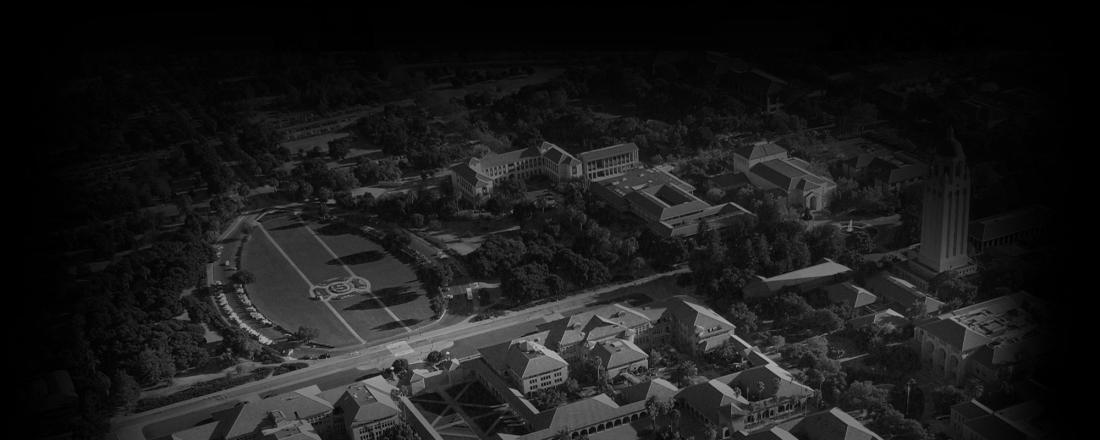
INTRODUCTION
The Endangered Virtues essay series, written by members of the Hoover Institution’s Boyd and Jill Smith Task Force on Virtues of a Free Society, rests on the conviction that the American constitutional tradition is a source of wisdom about the mutual dependence of liberty and virtue and the tension therein. Moreover, such virtues have been exposed to danger and are weakening, and that renewing the virtues and the sources that sustain them is an urgent task.
ESSAYS
FROM HERO-WORSHIP TO CELEBRITY-ADULATION: THE PROBLEM OF GREATNESS IN AN AGE OF EQUALITY
By Tod Lindberg
Thomas Carlyle coined the term "hero worship" in the mid-nineteenth century. How do modern celebrities stack up against his "six classes of heroes"?
CIVIC KNOWLEDGE
By Russell Muirhead
There seems no easy way around the conclusion that the citizenry's civic knowledge is in a state of grave disrepair. As citizenship becomes more passive, civic knowledge becomes more unnatural--the consequence of schooling rather than doing. Yet civic knowledge, especially about constitutional essentials and recent political history, remains an essential virtue for citizens. Civic knowledge is the basis for holding opinions, and having opinions is empowering, not only because the opinionated argue and agitate, but also because they vote.
Everyone from President Obama down has been bemoaning the decline of civility in American politics, and they’ve been right to do so. Civility is a bulwark of liberal democracy, and indeed what we mean by the term is of a piece with liberal democracy and the basic commitments that sustain it. Having grasped what civility is and isn’t, we’ll be in a better position to respond to the two biggest threats to it: the claim that it has become obsolete, and the usurpation of its province by big government.
Although a certain amount of deceit will always play a part in human affairs, a basic intent to be truthful, along with an assumption that most people can be taken at their word, is required for any decent society. No civilization can tolerate a constant expectation of dishonest communication without falling apart from a breakdown in trust. Yet, in our time, the fundamental commitment to truthfulness required for social trust has weakened. This essay provides examples from recent educational and political discourse and calls on both the leadership and the public to stop our downhill cycle of deceit by adhering more rigorously to the truth, even when this may seem painful or difficult.
LOVE OF TRUTH, LOVE OF JUSTICE
By Gerard V. Bradley
Justice and truth are the two most important and cherished virtues. But love of them is different, less celebrated and more subtle. Love for truth and for justice nonetheless constitutes foundations of the virtuous life, foundations keenly endangered in modern society.
ON GRATITUDE
By James W. Ceaser
Gratitude is one of the most fundamental and complex of the virtues, undergirding and overlapping with many of the others. Cicero once characterized it as “the mother of all the virtues.” Although precision of definition in such matters is neither possible nor desirable—some things being better investigated by what Pascal called an esprit de finesse rather than an esprit de géométrie—there is need for at least a rough idea of.
OUR COURAGE IN DANGER
By Harvey C. Mansfield
Courage is the virtue that enables us to deal with danger, and today courage itself is in danger from certain opinions hostile to it, especially relativism. Courage presupposes something for which it is reasonable to sacrifice one’s comfort or well-being or even life. It is endangered when it is weakened by relativism in today's liberalism--and when it is strengthened beyond measure as in fascism. Neither reason nor experience suggests that relativism should be treated as benign.
“UNFRIENDING” FRIENDSHIP
By Diana Schaub
Turning to Aristotle's rich treatment of friendship in his Nicomachean Ethics, this essay takes a critical look at the fate of friendship in the new era of digital connection and shows how friendship and virtue are connected, pointing the way toward a recovery of friendship.
THE WORK ETHIC
By Russell Muirhead
Everyone says they believe in the work ethic, but often what they really believe in is wealth and that to get wealth without the trouble of work seems better than work without the reward of wealth. But this view is mistaken--it is a corruption of a virtue essential to a free republic--not least because participating in the working life establishes a kind of equality that upholds a culture of equal dignity and respect.







